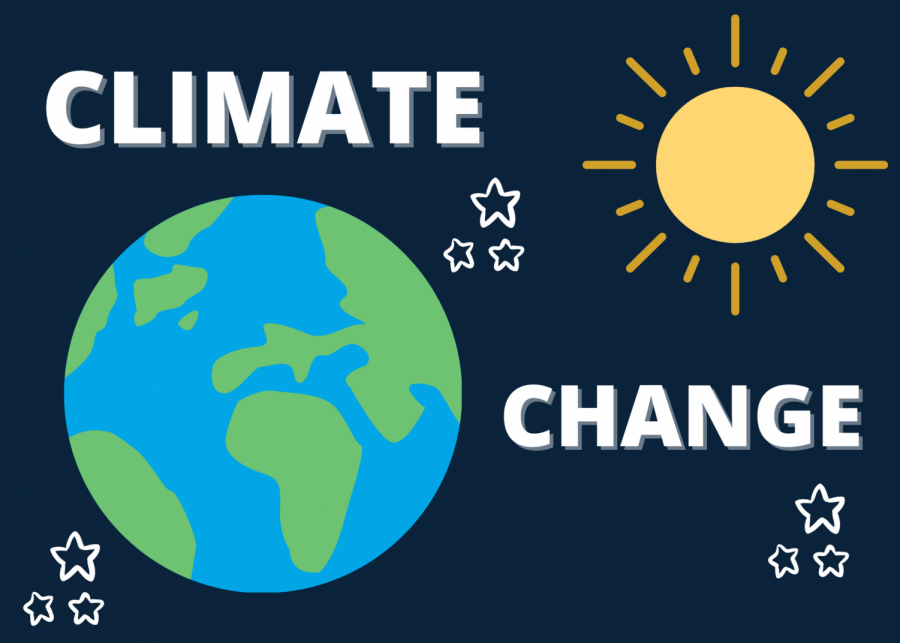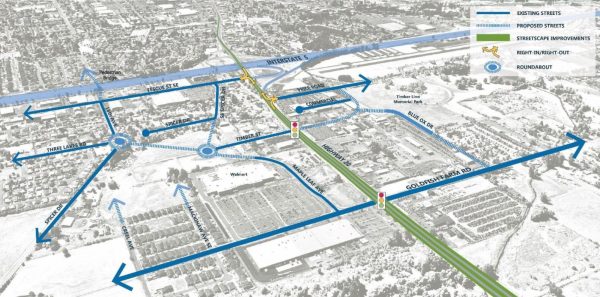Climate change impact on the future of our world
As the years continue, how will climate change affect Earth, and the lives of current students?
Six million people. The Guardian estimates that is how many people attended the global climate strike in late September of 2019. Climate activists press forward and demand for action to stop climate change from threatening the Earth.
Global warming has been understood to be a result of the “greenhouse effect”. This refers to greenhouse gases, which can be found in Earth’s atmosphere; and include water vapor, carbon dioxide, and methane. Many of these gases enter the atmosphere due to industrial human activities. As the sun provides light and energy to Earth, the greenhouse gases trap the warmth, keeping more heat inside of Earth’s atmosphere and increasing the temperature of Earth’s surface. The Intergovernmental Panel on Climate Change (IPCC) has shared that temperatures could increase by 2.5 to 10 degrees Farenheit over the next century.
“Some of the biggest concerns are the functioning of all organisms on the planet and what they are dependent on,” Earth and Space science teacher, Gareth Engler, said. He shares that, if we are dependent on food, and we are used to regular weather patterns to grow our food, the varying climate can impact our harvests and cause a strain on the population.
The Earth’s surface is only one layer of things that are affected by climate change. According to NASA’s Global Climate Change research, the amount of rainfall during winter and spring months in the northern United States is expected to increase. There are also likely to be a greater number of droughts in the Southwest of the United States. In less than eighty years, sea level will increase by up to eight feet. The Northwest United States will also experience this sea level rise, and more wildfires are predicted.
“You’ve got these longer-term weather patterns that are changing, and then that gets tied into these global changes,” Engler said, “Some of that is connected to climate change, connected to CO2 in the atmosphere, but that’s dissolving into the oceans, which is leading to a bunch of other changes in the oceans that aren’t connected to just climate.”
NASA released two goals to prevent more negative effects of climate change. These goals have the names “Mitigation” and “Adaptation.”
Mitigation literally means “the action of reducing the severity, seriousness, or painfulness of something.” Although humans may not be able to take back the greenhouse gases already in our atmosphere, science suggests that they can control the amount of gases that are presently sent up. The goal of adaptation is to best help humans adjust their lifestyles to fit the current climate shifts.
“The most important thing [is to be] aware of all the issues, and educating yourselves,” Engler said, “There are individual pieces we can do, and educating yourselves on how your lifestyles affects things, what you are buying, what you are eating, all of those pieces and how they play into your effects on the environment around you.”
Your donation will support the student journalists of West Albany High School. Your contribution will allow us to purchase equipment and cover our annual website hosting costs.









